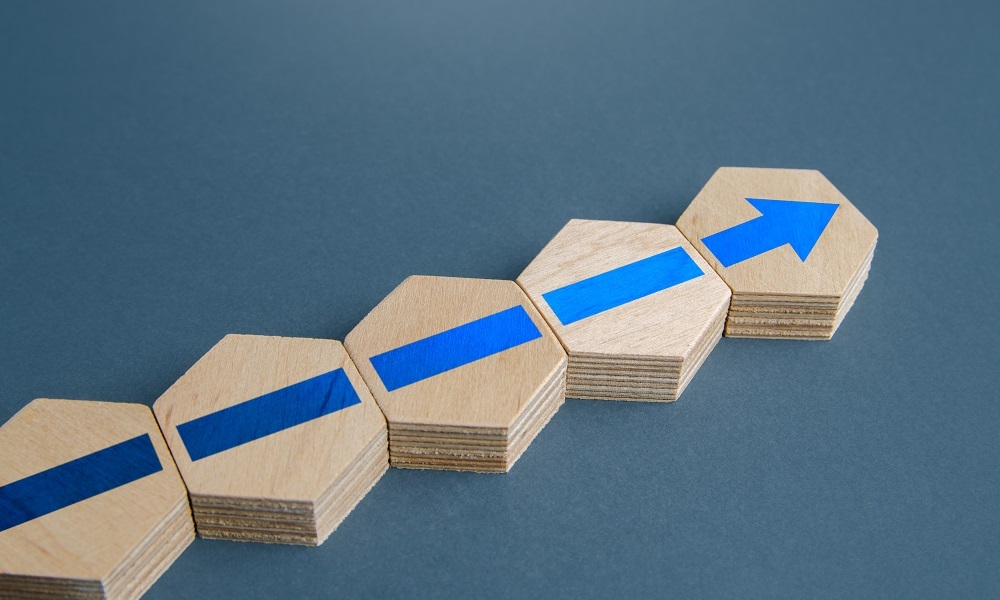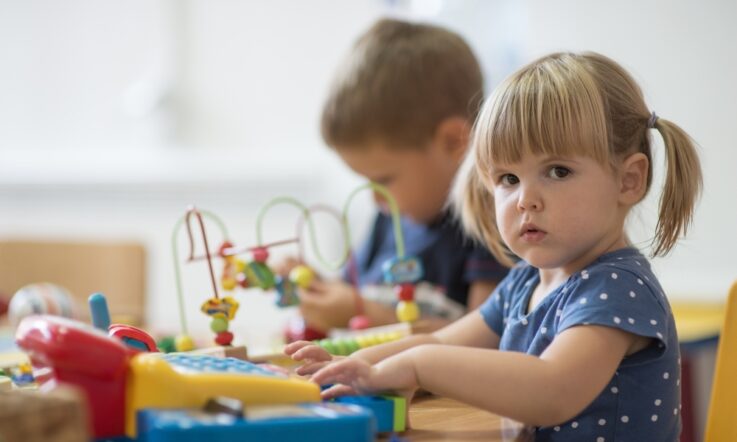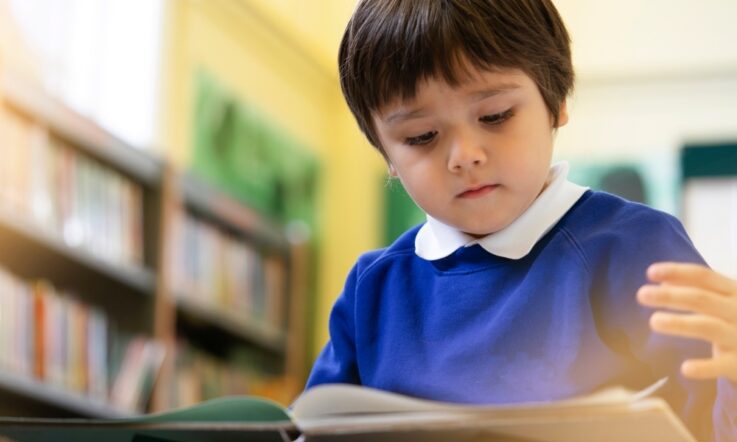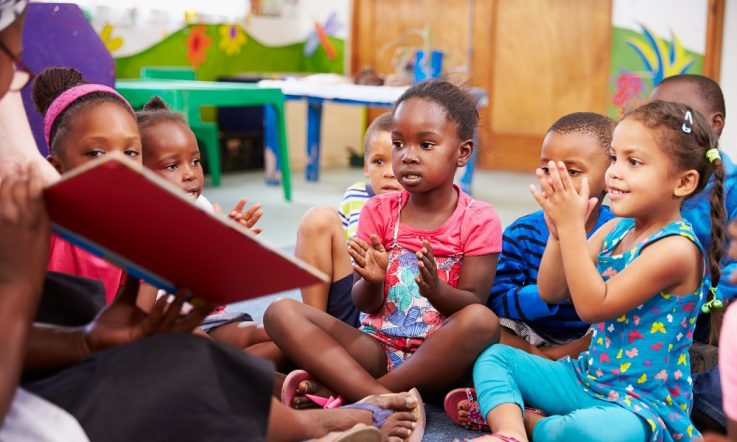How we can improve the continuity of learning from birth to 12 years? That is the question that will be explored at Research Conference 2023, held in person in Sydney on 3 and 4 September.
The conference is hosted by the Australian Council for Educational Research (ACER). In this Q&A, we speak with Conference Convener and ACER Senior Research Fellow Dr Claire Scoular, about the conference theme.
This year, the ACER Research Conference will look at how we can improve the continuity of learning from birth to 12 years. Why is this an important topic to explore?
Learning in the early years sets the foundations for children’s’ ongoing academic, cognitive and wellbeing development. In Australia, a new cycle of policy reform in preschool education is underway (2022-25), including a desire to establish a preschool outcome measure that is child‑focused, capable of measuring growth, and available to educators to use in the classroom. This is an opportune time to bring together educators, researchers, policymakers and others with an interest in improving learning to discuss best practice and redefine what success looks like in early learning, consider connections to school-age learning, and understand how foundational learning supports later outcomes.
What does the research currently say about the continuity of learning from birth to 12 years? Are there some key areas of improvement?
ACER takes a strong perspective that learning is a continuous process that begins from birth, and that the more effectively learners are supported to transition between educational programs (into preschool, into school), the greater the impact this will have on growth. However, reflections from practitioners indicate differences in teaching priorities and language used to describe teaching and learning that present hurdles to progress. Our systems are not set up to support the continuity of learning.
Most research uses simple correlations of measures of early learning with later, school-age learning and there are few if any measures that cover the first 8 years of life that are placed in the hands of educators to support their practice. There is decades of evidence showing that positive learning experiences early in life have a positive impact on growth in later years. There is growing evidence however that learning systems are not set up to ensure all children get equal access to this benefit. The system has potential to support learning, and most importantly narrowing of achievement gaps, however it is not yet delivering on that potential. A greater focus on how all educators can identify where children are at, regardless of the program they are in, and target their practice is essential.
The conference is back to being a 100% in-person event this year. It’s great that registrants will have the opportunity to meet like-minded individuals and network face-to-face. Who in the education community would benefit from attending the conference?
We are very pleased to return to a face-to-face offering. We think everyone from researchers, to educators, to school leaders and early childhood service providers will benefit. We have tailored the program to ensure we have a wide range of presentations focusing on our theme. The conference will also allow school and early childhood professionals to interact closely – both informally during the breaks, as well as through our included social networking function on Sunday. The conference will bring together industry experts, inquisitive minds, and innovative thinkers from across Australia and beyond for some interesting discussions.
What will conference participants have the opportunity to learn about across the 2-day event? Will the focus exclusively be on birth to 12 years, or will the conference also explore later educational outcomes?
We have presentations on early childhood and primary but an important focus on the transition between these stages of education and how this can be strengthened. We believe setting this concrete foundation will naturally have a positive impact of later educational outcomes. We delve into how we can improve policy and practice including highlighting some excellent examples of effective partnerships and models. While focusing on key areas of learning such as literacy and numeracy, we will also investigate best practices and strategies for holistic development, and strengthening our understanding of other critical milestones including social-emotional skills, wellbeing and thinking skills.
Anything else you’d like to add?
In addition to the main conference program, we will also run 3 masterclasses, bringing in ACER experts to engage in a hands-on and interactive way with registrants. These masterclasses are a valuable opportunity to engage with leading researchers, ask questions directly, and explore the cutting-edge research together. Each year these sell out fast, hence why we have expanded our offering to 3 this year – our advice is get in quick!
Last but not least – we are interested in hearing from you! This year our Showcase poster presentations make a return and we would love to hear about your research and practice in relation to the theme. So we encourage you to submit a proposal to our Program Committee via the conference website. Successful proposals will earn a complimentary registration for the main conference.
Research Conference 2023 runs from 3-4 September. You can explore the program and register for the event here.



